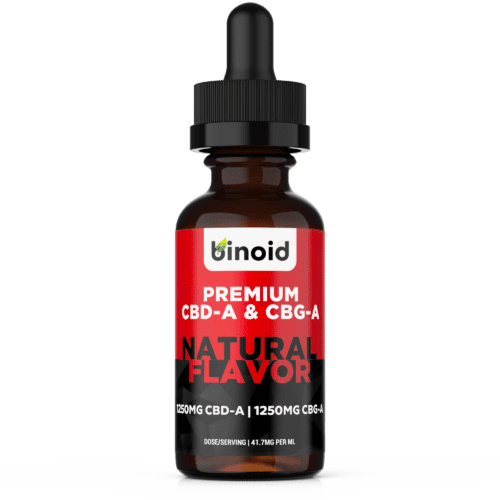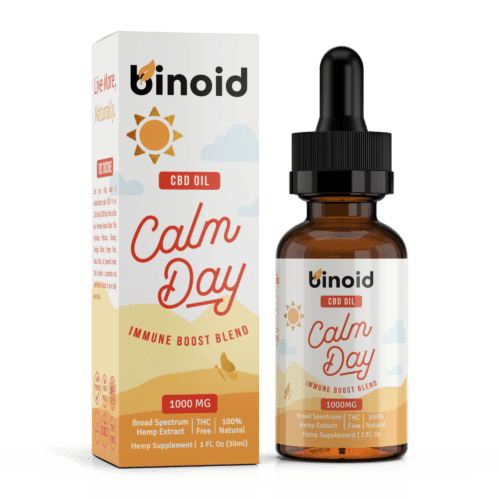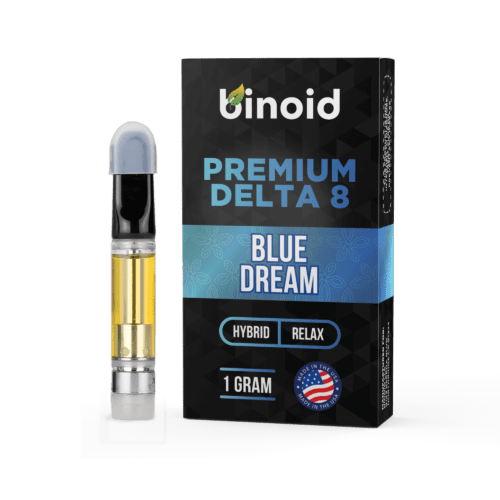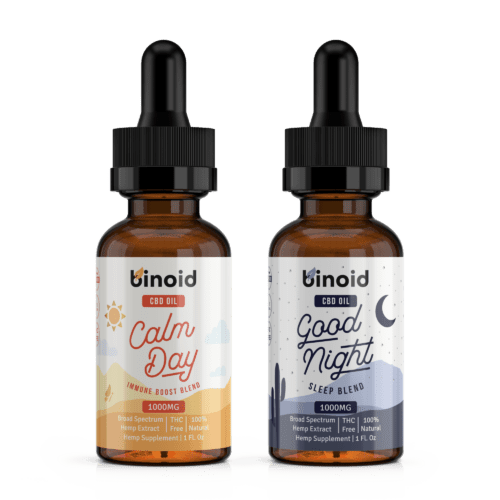
CBDA vs. Delta 8 THC: What You Must Know
You may have started hearing about CBDA lately, as some pretty groundbreaking studies have been done on its potential effects. Most of us know that each cannabinoid is unique due to the way in which it interacts with our body’s endocannabinoid system (ECS). Essentially, offering distinctive properties that make it worth trying independently of the others.
For instance, CBDA and delta 8 THC exist alongside one another in the hemp plant as cannabinoids, but they’re extremely different from one another, and are most often associated with two entirely different types of hemp experiences.
So, how do they measure up to one another? Let’s find out.
TO BUY CBDA PRODUCTS CLICK HERE
CBDA (Cannabidiolic Acid)
Origins: Cannabidiolic Acid is the raw form of cannabidiol. Our experience with cannabinoids almost exclusively involves ones that have been decarboxylated (heated). Almost all products made with hemp extracts have been decarboxylated, and flower products are heated before they’re used through smoking, vaping, or baking.
The purpose of decarboxylation is to “activate” certain properties within a cannabinoid, which are otherwise unavailable to the body if left in their raw state. But, decarboxylation changes the cannabinoid’s structure. Meaning, the process also causes us to lose some properties as a result. CBDA basically has its own effects that are different from those associated with CBD.
Psychoactive Properties: Cannabidiolic Acid is not a psychoactive cannabinoid. Many people have assumed this already, since CBD is completely non-psychoactive. Actually, no cannabinoid is psychoactive until it has been decarboxylated, which is why cannabis flower can’t get us high until the buds have been heated in some way.
Other Properties Associated with CBDA
Cannabidiolic Acid has not been as heavily researched as its decarboxylated form, cannabidiol. But, researchers are beginning to invest a lot more of their resources into exploring its properties, and here’s what we know about it so far.
- Effects on Serotonin: Studies have shown us that CBDA works on 5-ht receptors, in a way that’s up to 10-100 times more potent than CBD. This can have a strong influence over nausea which is mediated by the nervous system. These same receptors are responsible for our serotonin levels. Plus, have a strong relationship to mood disorders including depression and anxiety. CBDA could increase serotonin uptake in a way that could benefit our mood, as well as other processes that are influenced by serotonin such as sleep, metabolization and sexual function.
- Effects on Inflammation: Studies show that CBDA may have particularly strong effects on inflammation by inhibiting COX-2, the enzyme that acts as a precursor to inflammation in the body. Research has suggested that CBDA could have anti-inflammatory effects comparable to those of NSAIDs.
- Relationship with SARS-CoV-2: Just one month ago, a study was published that showed the cannabinoid’s influence over SARS-CoV-2. When the cannabinoid was administered orally along with CBGA (cannabigerolic acid), it was found that the two cannabinoids attach themselves to the structure of the virus’ spike protein, thus preventing it from absorbing into the cells of the lungs and other organs. The study concluded that these cannabinoids could play a strong role in the trajectory of COVID patients.
Legality: Cannabidiolic Acid is a legal cannabinoid under federal law (2018 Farm Bill), and it’s legal in all 50 states without any restrictions on its usage.
-
Product on sale
 Binoid Calm Day CBD Oil – Immune Boost$28.99
Binoid Calm Day CBD Oil – Immune Boost$28.99$64.99
Delta 8 THC (Delta-8 Tetrahydrocannabinol)
Origins: Delta 8 THC is a cannabinoid that exists in about 0.1% of the chemical composition of the hemp plant. Because delta 8 is a post-decarboxylated cannabinoid, we consume it after it has been decarboxylated. Delta-8 is the result of degraded delta 9 THC within aging hemp material, as some delta 9 inevitably gets converted into delta8, changing its properties along the way.
Psychoactive Properties: Delta 8 THC is an intoxicating cannabinoid, with about 70% the intoxication potential as delta 9 THC. The high is usually described as mellowing and soothing, and a popular choice for evening time because of its almost indica-like properties.
Other Properties Associated with Delta 8 THC
Delta 8 THC is another cannabinoid that hasn’t enjoyed as much attention from researchers as cannabidiol. But, we do know quite a bit about it as it has been studied since its discovery in the 1960s.
- Relief from discomfort: Delta 8 THC has both analgesic and anti-inflammatory properties, allowing it to tackle physical discomfort through two independent mechanisms. The analgesic properties balance pain sensitivity in the nervous system while the anti-inflammatory properties directly influence inflammation levels throughout the body.
- Mood effects: Many people say that delta 8 THC has a soothing quality when it comes to mood, and as the cannabinoid works strongly on CB1 receptors that deal with neurotransmitters involved in the stress response, we can see why the cannabinoid has this effect.
- Improved appetite: Delta 8 THC is reported to have appetite-boosting properties that can help a person desire more food each day.
- Neuroprotective properties: Delta 8 THC, like many cannabinoids, has been found to act as a neuroprotectant, meaning that it supports balanced neurological function that could have applications when it comes to epilepsy and other neurological dysfunctions.
Legality: Delta 8 THC, like CBDA, is a federally legal cannabinoid (as long as it contains no more than 0.3% delta 9 THC). However, these are the following states that have banned delta 8:
- Alaska
- Arizona
- Arkansas
- Colorado
- Delaware
- Idaho
- Iowa
- Mississippi
- Montana
- New York
- Rhode Island
- Utah
- Vermont
CBDA and Delta 8 THC: Two Equally Valuable Cannabinoids Worth Trying
Clearly, both CBDA and delta 8 THC offer a lot of properties that could improve a person’s day-to-day life. But, as you can also see, these cannabinoids, despite sharing a lot in common with one another, are incredibly different in many ways.
- Delta 8 THC is largely known for its intoxicating properties that make it more of a recreational cannabinoid, which isn’t to discount the many non-intoxicating properties that can be very valuable to the human body.
- CBDA, meanwhile, is not intoxicating in any regard, and is more associated with its effects on serotonin, inflammation and now, potentially, viral absorption.
Good news though, is that you can enjoy these cannabinoids as you so desire. The two can be taken together, without any negative interaction.
Note: If you’re currently on any medications or are simply looking to take either cannabinoid for the first time, it is best to speak with your doctor first. A physician has the access to your medical records, so they can make the proper determination if delta 8 THC or CBDA is right for you.
Binoid even encourages our customers to explore different cannabinoids in order to see what each compound can offer. We carry a variety of delta 8 THC products and CBDA products in our inventory that can open up a whole new world of properties to even the most experienced hemp enthusiasts out there. They’re all lab-tested, have ultra-pure distillate, and clean, naturally sourced ingredients for maximum quality that you can trust.
SEO Description: A new cannabinoid matchup has emerged that does have some similarities and differences, which is CBDA versus delta 8 THC.
TO BUY CBDA PRODUCTS CLICK HERE
-
Product on sale
 Binoid CBD Oil – Day & Night Bundle$51.99
Binoid CBD Oil – Day & Night Bundle$51.99$109.98





